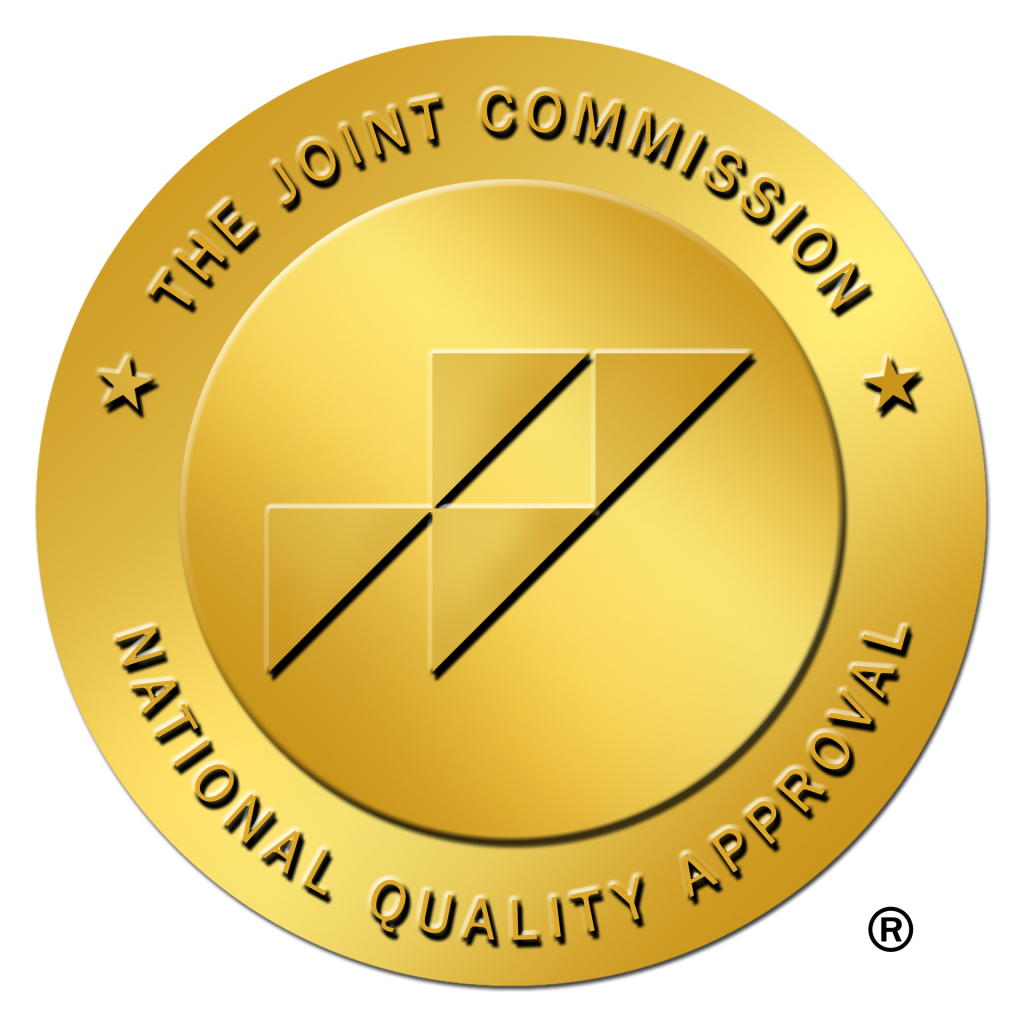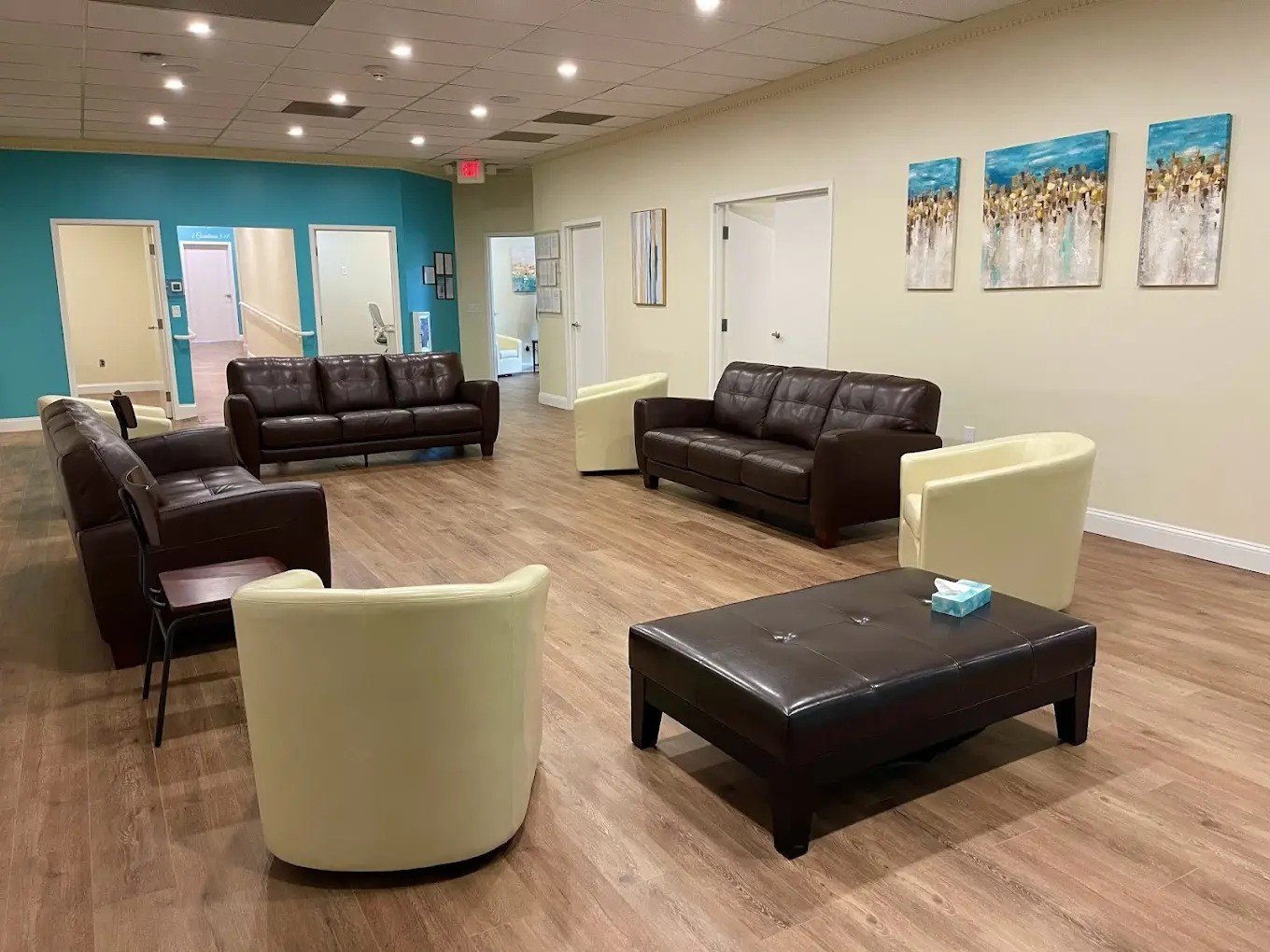Spiritual Addiction Counseling Nj
Exploring the Roots and Significance of Spiritual Addiction Counseling
Spiritual addiction counseling NJ provides a unique approach that integrates spiritual perspectives into the treatment of addiction. This method offers a distinctive path for individuals seeking recovery, focusing on the belief that spiritual growth can fill the void often created by substance dependency. The incorporation of spirituality into addiction recovery is not simply about religious practices but also about fostering a deeper understanding of oneself and the universe.
At its core, spiritual addiction counseling aims to address the spiritual void that individuals might feel, which often leads to substance abuse as a substitute for deeper fulfillment. Therapists encourage clients to explore spiritual beliefs, which can foster healing and provide a sense of purpose. This approach often requires a willingness to engage with personal beliefs and explore new ways of connecting with one’s spiritual identity.
How Spiritual Addiction Counseling Differs from Traditional Methods
Spiritual addiction counseling NJ focuses on integrating faith or spiritual beliefs into the therapeutic process, differing from traditional addiction counseling methods that might focus solely on psychological and physiological aspects. While traditional therapy often uses cognitive-behavioral techniques to modify behaviors and thoughts, spiritual counseling weaves in discussions on purpose, faith, and existential questions.
Spiritual counseling seeks to balance the clinical aspects of treatment with the client’s spiritual or religious beliefs. This can include incorporating prayer, meditation, or other spiritual practices into therapeutic sessions. The belief is that by aligning recovery efforts with spiritual practices, clients can achieve a more profound sense of healing that resonates beyond just the physical and mental symptoms of addiction.
Moreover, spiritual addiction counseling often involves the family and community as part of the healing process, recognizing that addiction affects not only the individual but also their close relationships. This inclusive approach helps create a supportive environment conducive to recovery.
Key Components of Spiritual Addiction Counseling
Several core components distinguish spiritual addiction counseling NJ from other methods. Firstly, it prioritizes the connection between personal faith and recovery, making it vital for clients to explore and define their spiritual beliefs. Therapists often work with individuals to identify spiritual goals and integrate these into their overall recovery plans.
Another critical aspect is the inclusion of spiritual practices, which can range from meditation and mindfulness to prayer and participation in faith-based community events. These activities aim to foster a sense of peace and connection with something greater than oneself, which can be a powerful motivator for maintaining sobriety.
Additionally, spiritual addiction counseling often emphasizes personal transformation and self-discovery. Through introspection and spiritual exploration, individuals can identify underlying issues driving their addictive behaviors and work through them constructively.
The Role of Community in Spiritual Addiction Recovery
Community plays an essential role in spiritual addiction counseling NJ. Establishing a connection with a supportive network can provide individuals with the encouragement and accountability necessary for successful recovery. Many spiritual addiction programs encourage participation in faith-based groups, which can offer support and understanding from others who share similar beliefs and experiences.
These community connections can help combat the isolation often associated with addiction. By engaging with others who are also on a recovery journey, individuals can feel less alone and more motivated to continue their path to sobriety. Community support can also come from engaging in local volunteer activities, attending spiritual gatherings, and forming meaningful relationships within these circles.
Furthermore, many find that belonging to a community of faith or spiritual-minded individuals helps instill hope and resilience, two crucial elements in overcoming addiction. These communities often provide a safe space for individuals to discuss their struggles openly and seek guidance from those who understand their journey.
Integrating Spirituality into Outpatient Addiction Treatment
For those seeking spiritual addiction counseling NJ, outpatient treatment centers like New Chapter Recovery offer programs that blend evidence-based therapies with spiritual guidance. These centers provide an environment where individuals can explore their spirituality while accessing the traditional psychological support necessary for recovery. Outpatient care allows clients to practice spiritual and recovery techniques in their daily lives, maintaining their routines while working towards sobriety.
One of the main advantages of integrating spirituality into outpatient treatment is the flexibility it offers. Clients can engage in spiritual practices at home or in their community, supported by regular therapy sessions that help them navigate the challenges of daily life. This approach emphasizes the importance of personal responsibility and empowers clients to take charge of their recovery journey while staying connected to their spiritual beliefs.
Outpatient programs are particularly beneficial for those who require a less intensive treatment model or have commitments that prevent them from participating in residential programs. By blending spiritual and secular approaches, these programs help individuals navigate the complexities of addiction recovery with a well-rounded support system.
Personal Stories of Success in Spiritual Addiction Counseling
Many individuals have credited spiritual addiction counseling NJ with their successful recovery, sharing stories of how integrating spirituality into their treatment made a significant difference. Some clients report experiencing a newfound sense of purpose and clarity, attributing their sobriety to their strengthened spiritual beliefs and practices.
One particular success story involves a former client who struggled with alcohol addiction for years. After enrolling in a spiritual addiction counseling program, they found hope and healing by connecting with their faith. The process of forgiveness, both towards themselves and others, was instrumental in their recovery, allowing them to move forward with a fresh perspective on life.
These stories underscore the transformative power of spiritual counseling in addiction recovery. They highlight the potential for individuals to find deeper meaning and fulfillment, ultimately leading to lasting sobriety. Sharing these experiences can inspire others who are considering this path to take the first step towards their own spiritual recovery journey.
Addressing Co-Occurring Conditions with a Spiritual Approach
In spiritual addiction counseling NJ, addressing co-occurring mental health conditions is an integral part of the recovery process. Many individuals struggling with addiction also face mental health challenges, and an integrated approach that considers both aspects is crucial for effective treatment. Spiritual counseling recognizes the importance of treating the whole person, considering their emotional, psychological, and spiritual well-being.
Therapists often incorporate spiritual practices that promote mental clarity and emotional balance, such as mindfulness meditation or spiritual reflection exercises. These practices can help clients manage symptoms of anxiety, depression, or other mental health issues, contributing to a more holistic recovery.
By addressing co-occurring conditions, spiritual addiction counseling ensures that individuals receive comprehensive care that supports every aspect of their well-being, increasing the chances of sustained recovery and overall life improvement.
Navigating the Challenges of Spiritual Addiction Counseling
While spiritual addiction counseling NJ offers many benefits, it also presents unique challenges that both clients and therapists must navigate. One of the primary challenges is finding a balance between spiritual beliefs and clinical treatment methods. Clients may have varying levels of spiritual understanding and commitment, which requires therapists to tailor their approach to each individual.
Therapists must also be sensitive to clients’ personal beliefs, ensuring that spiritual counseling is inclusive and respectful of diverse perspectives. This requires a high level of cultural competence and adaptability, allowing counselors to effectively support a wide range of clients seeking spiritual guidance in their recovery journey.
Additionally, there can be resistance from individuals who are skeptical of integrating spirituality into addiction treatment. Overcoming this resistance involves building trust and demonstrating the potential benefits of spiritual practice in recovery, helping clients see the value in exploring this path.
Choosing the Right Spiritual Addiction Counseling Program
For those considering spiritual addiction counseling NJ, selecting the right program is crucial for successful recovery. Prospective clients should consider factors such as the program’s approach to spirituality, the credentials and experience of the therapists, and the program’s track record of success in helping individuals achieve sobriety.
Individuals should also consider their specific needs and goals for recovery, ensuring that the chosen program can provide the necessary support and resources. For some, a program that heavily emphasizes religious practices may be appropriate, while others may prefer a more secular approach that still incorporates spiritual principles.
It’s also essential to consider the program’s flexibility and support systems, including family involvement, community connections, and aftercare planning. By thoroughly evaluating these aspects, individuals can find a spiritual addiction counseling program that aligns with their beliefs and supports their recovery journey.
The Benefits of Spiritual Addiction Counseling in NJ
Spiritual addiction counseling NJ offers numerous benefits, making it an attractive option for individuals seeking recovery in this region. By integrating spirituality into treatment, clients can experience a sense of fulfillment and personal growth that extends beyond physical sobriety. This holistic approach addresses the mind, body, and spirit, offering a comprehensive path to recovery.
Moreover, the presence of diverse spiritual communities in New Jersey provides ample opportunities for individuals to connect with supportive networks that share their beliefs. These connections can enhance the healing process and provide ongoing encouragement and accountability.
Additionally, many programs in NJ offer flexible treatment options, including outpatient services that allow clients to maintain their daily responsibilities while progressing in their recovery. This flexibility ensures that individuals can access the support they need, regardless of their personal or professional commitments, leading to more effective and sustainable outcomes.
What are the common misconceptions about spiritual addiction counseling?
One common misconception about spiritual addiction counseling is that it solely focuses on religious practices. In reality, this form of counseling encompasses a broad understanding of spirituality that can be non-religious. It involves helping individuals connect with a deeper sense of purpose and meaning, which can be crucial in addressing the underlying issues of addiction. For instance, someone might find solace in nature, mindfulness, or community service as part of their spiritual growth, which are all valid within this counseling context. It’s important to understand that spirituality in addiction counseling is about personal growth and self-discovery, aligning with one’s values and beliefs.
How does spiritual addiction counseling in NJ address co-occurring mental health conditions?
At centers like New Chapter Recovery, spiritual addiction counseling is integrated with evidence-based therapies to address co-occurring mental health conditions. This approach acknowledges that addiction often goes hand-in-hand with issues such as anxiety or depression. By incorporating spiritual practices like mindfulness meditation or reflective journaling, clients can achieve mental clarity and emotional balance. This holistic method ensures that treatment is comprehensive, tackling not just the addiction but also the mental health challenges, thereby promoting a more enduring recovery.
How does spiritual addiction counseling differ from traditional methods of addiction treatment?
Spiritual addiction counseling differs from traditional methods by weaving spiritual beliefs and practices into the treatment process. Traditional methods often focus primarily on the psychological and physiological aspects of addiction, using therapies like CBT or motivational interviewing. In contrast, spiritual counseling adds another layer by exploring existential questions, purpose, and faith, aiming to heal the whole person. For example, a client might practice meditation or participate in spiritual retreats, which can offer profound insights and a sense of connection, complementing conventional therapeutic approaches.
What role does community play in the success of spiritual addiction recovery?
Community is crucial in spiritual addiction recovery as it provides support and accountability, which are essential for lasting change. Engaging with a community, whether it’s a faith-based group or a support circle, helps individuals feel less isolated and more understood. For instance, participating in community service can instill a sense of belonging and purpose, further motivating someone on their recovery journey. These networks offer encouragement and shared experiences that can be transformative, helping individuals to stay committed to their recovery goals.
How does spiritual addiction counseling integrate into outpatient treatment programs in NJ?
Outpatient treatment programs in NJ, such as those at New Chapter Recovery, blend spiritual counseling with traditional therapies, allowing clients to explore their spirituality while managing daily life responsibilities. This integration provides flexibility, enabling clients to practice spiritual exercises like meditation at home and attend regular counseling sessions. Such programs emphasize personal responsibility in recovery, empowering individuals to stay connected to their spiritual beliefs while receiving the psychological support needed for sobriety. This approach is particularly beneficial for those with work or family commitments, as it allows them to maintain their routines while progressing in their recovery journey.
What are the benefits of choosing a spiritual addiction counseling program in NJ?
Choosing a spiritual addiction counseling program in NJ offers many benefits, including access to diverse spiritual communities and flexible treatment options. Programs in the area often integrate spirituality with evidence-based practices, providing comprehensive care that addresses mind, body, and spirit. Clients can experience personal growth beyond physical sobriety, finding deeper fulfillment. The presence of supportive networks in NJ also enhances the healing process, providing continuous encouragement. Additionally, outpatient programs offer the flexibility needed for individuals with various commitments, ensuring they receive the support necessary for sustainable recovery.
How can one overcome resistance to spiritual addiction counseling?
Overcoming resistance to spiritual addiction counseling involves building trust and demonstrating the tangible benefits of spiritual practices in recovery. It can be helpful to start with small, non-intrusive spiritual exercises, such as journaling or mindful breathing, to show clients how these practices can contribute to well-being. Therapists can also highlight success stories and research that support the efficacy of integrating spirituality into addiction treatment, helping skeptical clients see the potential value. Encouraging open discussion about personal beliefs and being sensitive to diverse perspectives also plays a crucial role in reducing resistance and fostering acceptance.
Resources
- Substance Abuse and Mental Health Services Administration (SAMHSA) – SAMHSA is a government organization dedicated to leading public health efforts to advance the behavioral health of the nation.
- Psychology Today – Psychology Today is a trusted source for mental health information, therapy resources, and finding professional therapists.
- National Institutes of Health (NIH) – The NIH is a renowned medical research agency that conducts research in various health-related fields, including addiction.
- National Alliance on Mental Illness (NAMI) – NAMI is a nonprofit organization providing support, education, and advocacy for individuals and families affected by mental illness.






